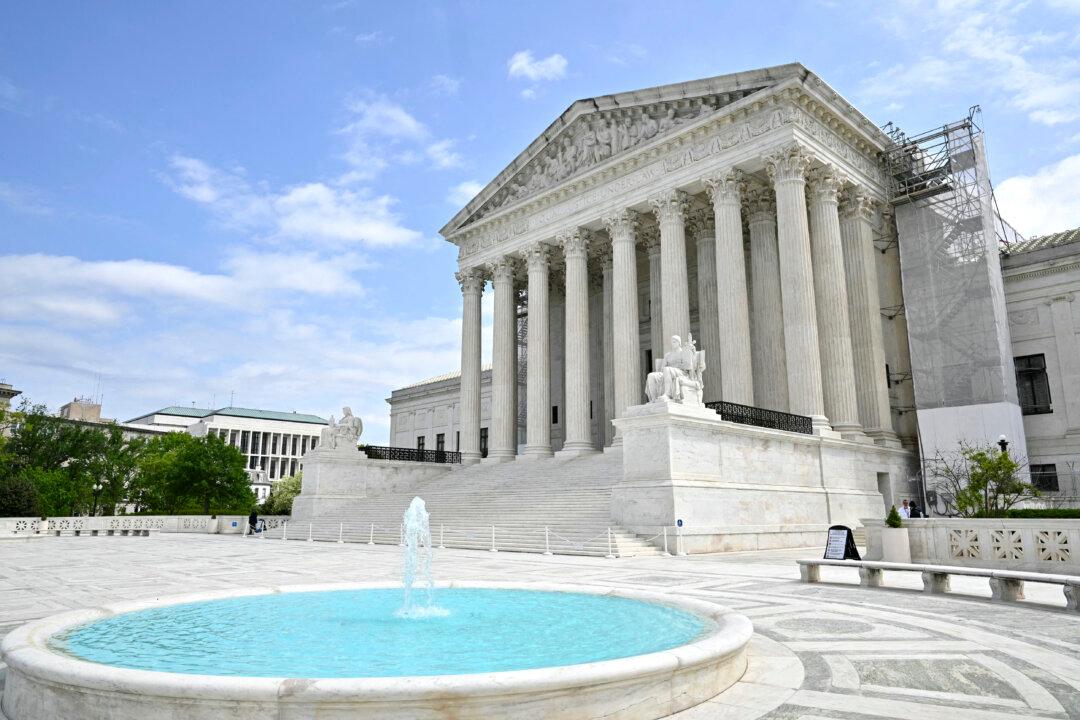The Supreme Court recently granted Virginia’s request to consider whether a plaintiff who wins a preliminary injunction but fails to secure a final judgment is entitled to be awarded attorney’s fees.
If the court ends up ruling against Virginia, it could be a boost for citizens suing governments in civil rights actions.





